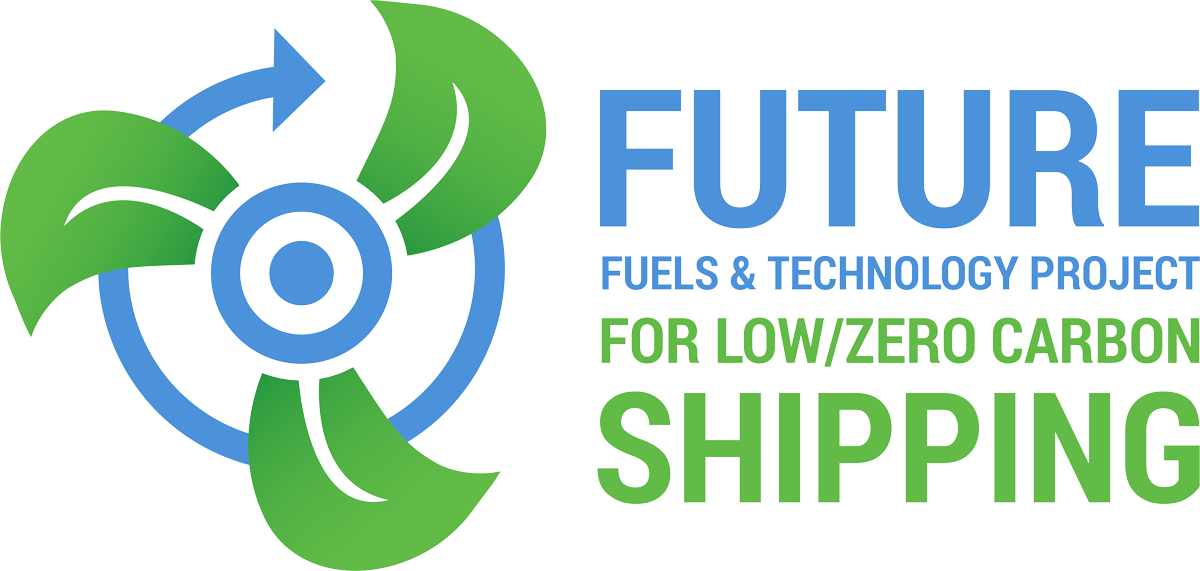To firmly ensure the research on CO2 reduction in shipping by depicting advantages and disadvantages of bio-ethanol as an alternative fuel for shipping decarbonization
Fuel Type: Bio-fuel
Commercial Readiness of Absolute Zero GHG Technologies
ZESTAs’ paper discusses findings from the MARIN NL Model for ESSF SAPS, which compares various marine fuels’ greenhouse gas emissions over a 100-year Global Warming Potential (GWP), noting that some fuels produce 0% emissions over this period. Only technologies reaching at least demonstration stage (TRL7 or higher) are considered. Additionally, references are made to Technology Readiness Levels (TRLs) and Commercial Readiness Levels (CRLs) following expanded definitions presented to ISWG-GHG 14 by IMO Secretariat, DNV, and Ricardo plc on 22nd March 2023.
Safe Bunkers of Biofuels
To ensure the safe biofuel bunkering of ships at ports, the characteristics that may arise in biofuel bunkering are summarized and explained based on the existing regulations and procedures for conventional marine fuel bunkering.
Oceans of Opportunity
To explain the impact of green methanol and ammonia and propose the implementation of zero-emission fuel bunkering at ports by 2030
Analysis on interaction of CII with GFS: Calibrating IMO energy efficiency and fuels targets
To recommend effective strategies for the shipping sector to achieve the IMO emission reduction targets
Assessing impacts of EU and US policies on accelerated deployment of alternative maritime fuels
To evaluate the impact of policies, analyzing how recent climate policies from the EU and US, specifically the US Inflation Reduction Act and EU ETS along with the FuelEU Maritime Regulation, affect the adoption and deployment of alternative marine fuels.
To identify the investment implications of these policies, focusing on the synergies of the US and EU policies.
To provide actionable insights for stakeholders.
Cost of Regulatory Compliance Lower with LNG
To provide information on the impact of alternative fuels choice
Biofuels in Shipping
To summarize relevant regulations and current status based on the understanding of characteristics of biofuels for ships and explain factors to be considered when biofuels are used in ships, including characteristics and prospects in terms of biofuel production
Energy Transition Outlook 2023 Transport in Transition: A deep dive into fuels, electricity, and infrastructure
To deeply analyze the transition of electrification, infrastructure, and fuel use in the transport sector for the next 30 years, focusing on fossi fuels, electricity, biofuels, hydrogen, and hydrogen-based fuels (e-fuels)
Key Issues in LCA Methodology for Marine Fuels
To highlight the impact of key considerations and methodological decisions when doing an LCA and demonstrate how these can impact the emissions attributed to different fuels

